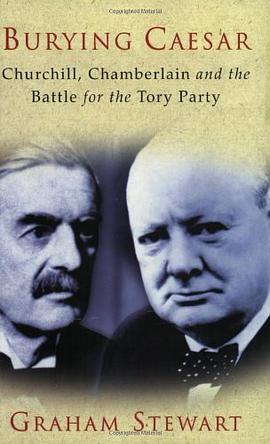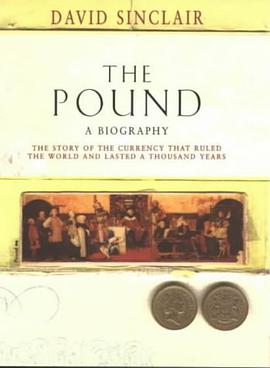

From Publishers Weekly
The flood of numbers in the modern world often obscures more than enlightens, hence the demystifying classic How to Lie with Statistics and its progeny. But according to Boyle the problem is irremediable and fundamental. "[P]oliticians can't measure poverty, so they measure the number of people on welfare. Or they can't measure intelligence, so they measure exam results, or IQ. Doctors measure blood cells rather than health, and people all over the world measure money rather than love." Boyle revels in such broad indictments, damning entire professions for popular or politicized misperceptions, whose complex origins he reduces to numbers themselves and the influence of a few seminal figures Jeremy Bentham, Robert Malthus and Frederick Taylor primarily whose personal quirks loom far larger than the historical forces that shaped their thinking and made the world receptive to it. Boyle is more persuasive discussing Keynes and how his heuristic approach to macroeconomics became rigidified, undermining his original intentions, but even here he entirely ignores the political forces involved. Adding confusion, he occasionally approves some uses of numbers, calling for bringing "common sense to bear on the dead world of figures, so we can see patterns again," as if this wasn't the point of using numbers all along, from Pythagoras to Kepler to chaos theory. Chapters dealing with ethical investing, alternatives to conventional economic indicators and Edgar Cahn's "time dollars" further muddle matters. (June)Forecast: With a $50,000 promotional budget, the publisher plans national radio and TV campaign, national advertising, and a tie-in with author speaking engagements. But this title won't pose much competition for How to Lie with Statistics, still in print after all these years.
From Library Journal
Boyle, a writer and journalist specializing in economics, feels that much of our difficulty in understanding economic and sociological problems can be traced to our attempts to describe complex systems by simple statistics. He points out that since most things in real life are multifaceted, one must almost automatically fail when trying to reduce such things to a single number. He also makes the very good points that what we choose to count tells us more than the result of the count, that many of our measurements are inaccurate, and, most importantly, that the measuring process affects the very things that we are trying to understand. However, whether our failures result from statistical oversimplification that may be correctable or from the inherent impossibility of the task is debatable. Boyle's book features short biographies, interesting in their own right, of people like Robert Malthus and John Maynard Keynes who have helped move us in the direction of greater quantification. For academic and larger public libraries. Harold D. Shane, Baruch Coll., CUNY
Copyright 2001 Reed Business Information, Inc. --This text refers to an out of print or unavailable edition of this title.
具體描述
讀後感
評分
評分
評分
評分
用戶評價
相關圖書
本站所有內容均為互聯網搜索引擎提供的公開搜索信息,本站不存儲任何數據與內容,任何內容與數據均與本站無關,如有需要請聯繫相關搜索引擎包括但不限於百度,google,bing,sogou 等
© 2025 qciss.net All Rights Reserved. 小哈圖書下載中心 版权所有




















